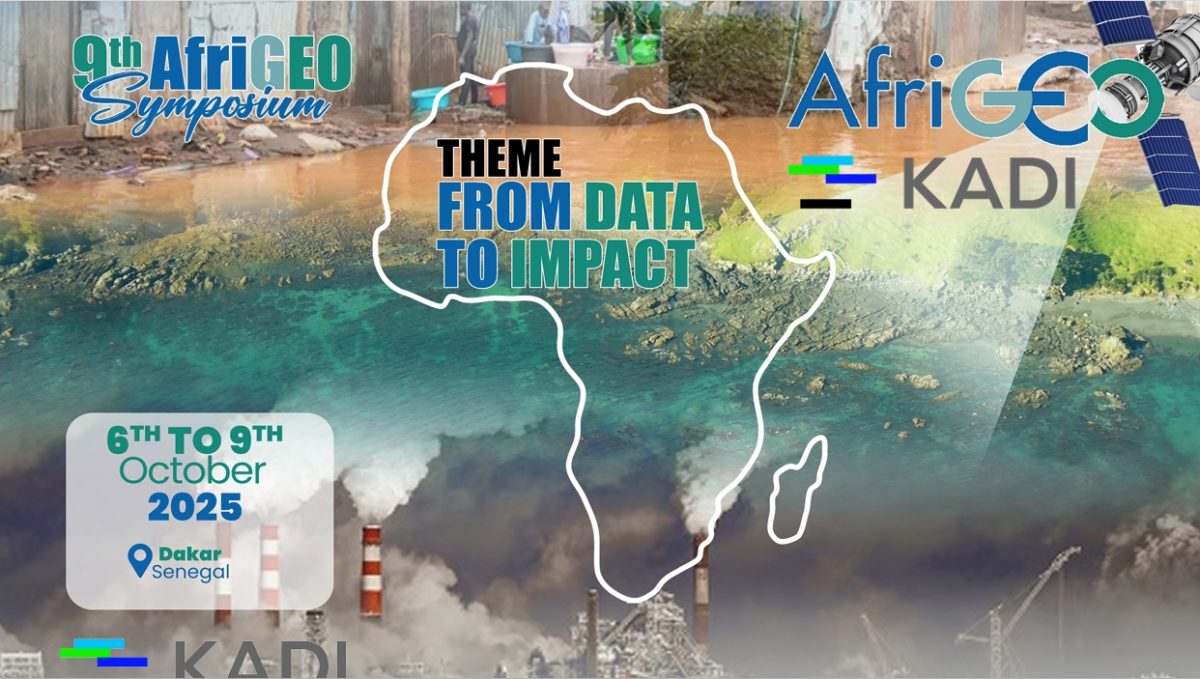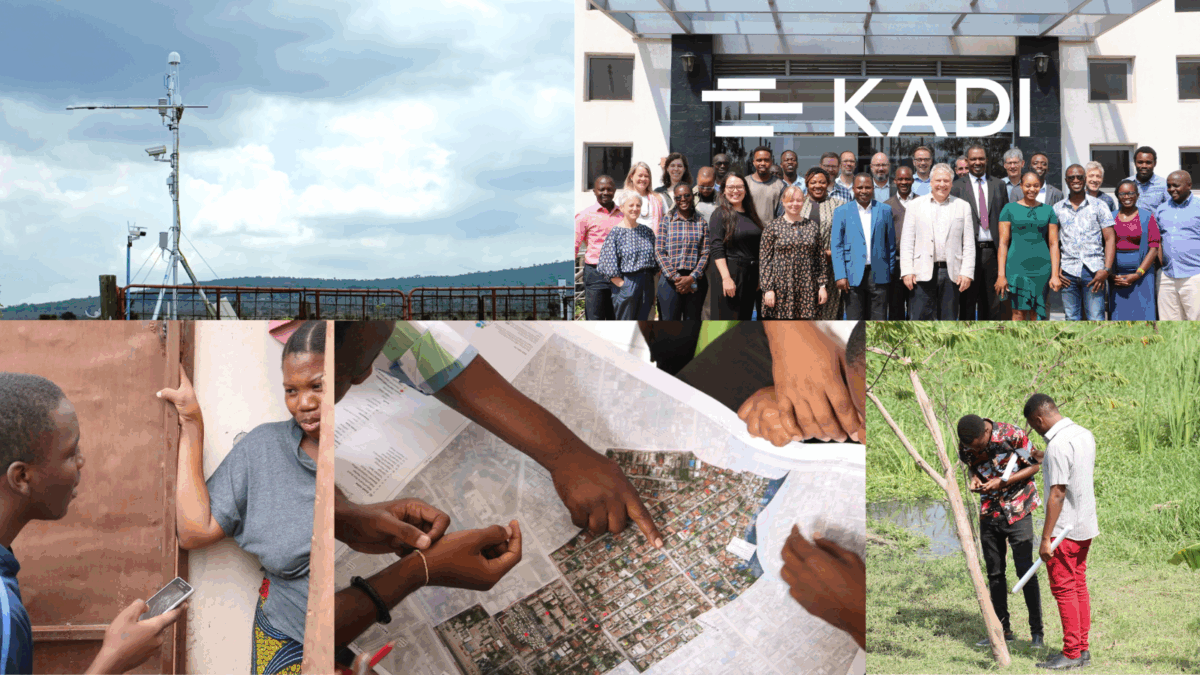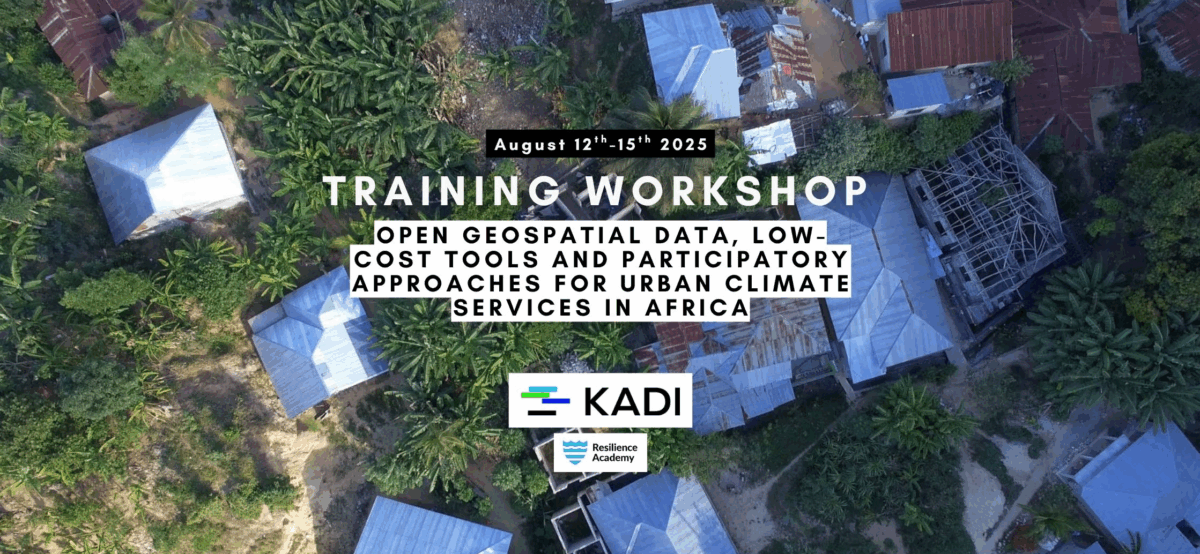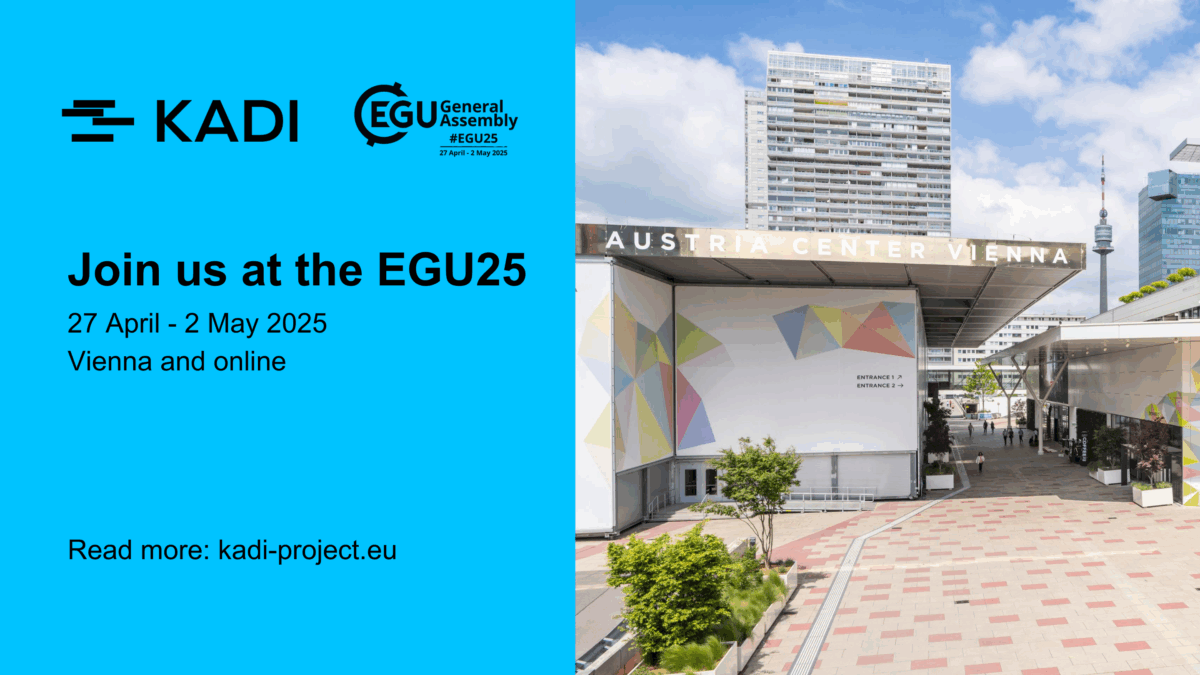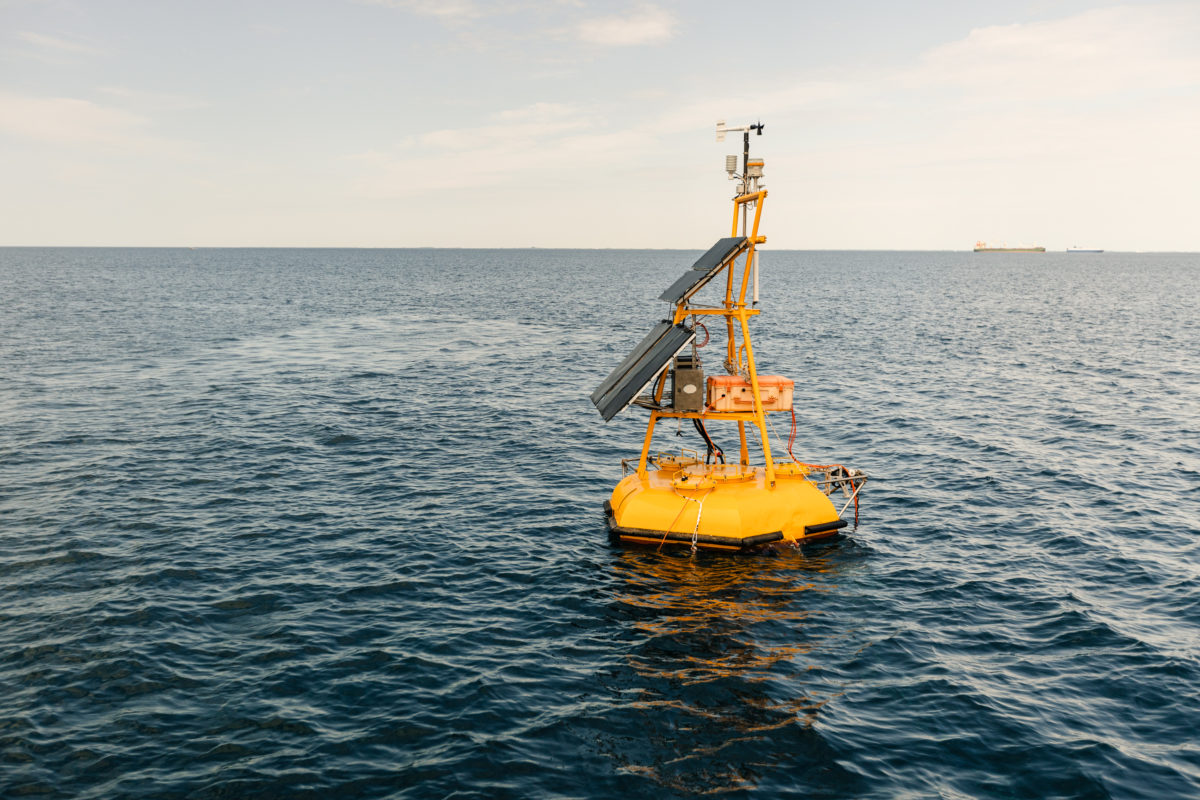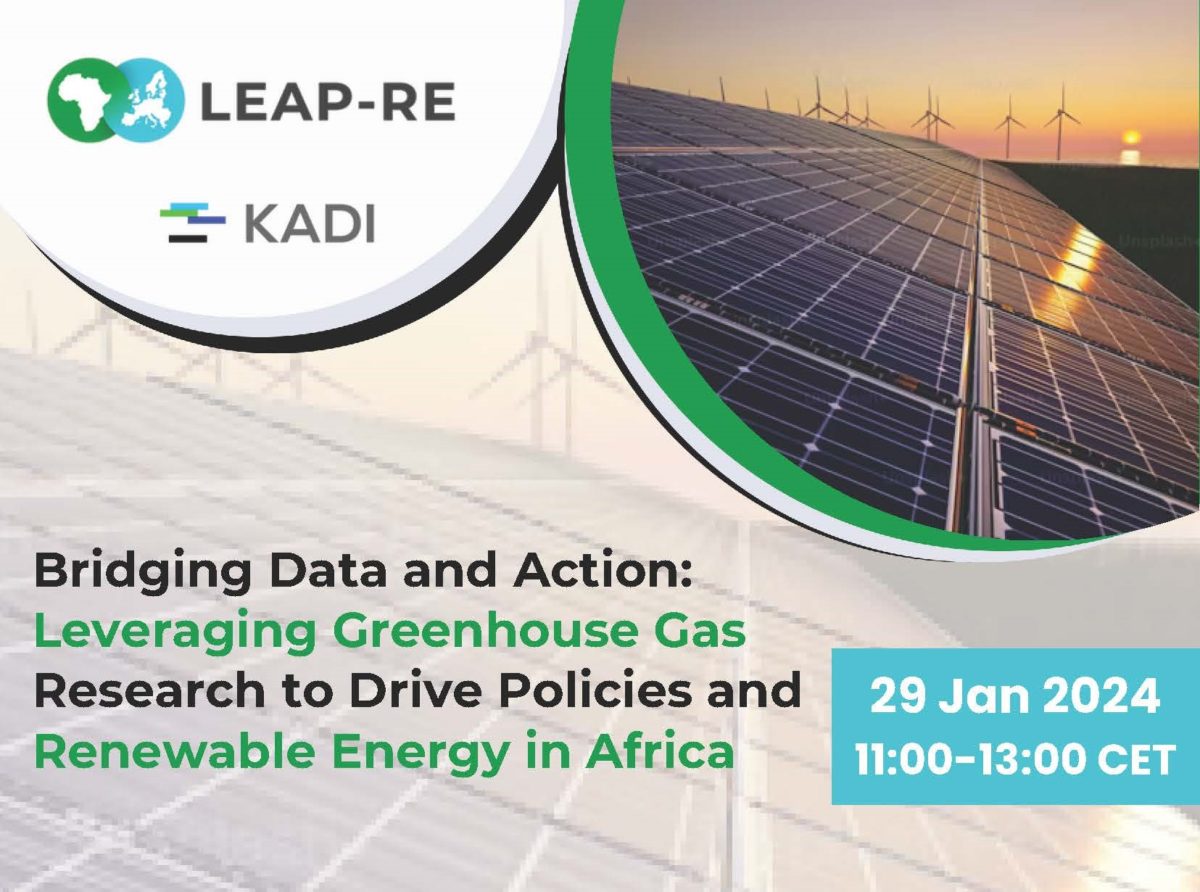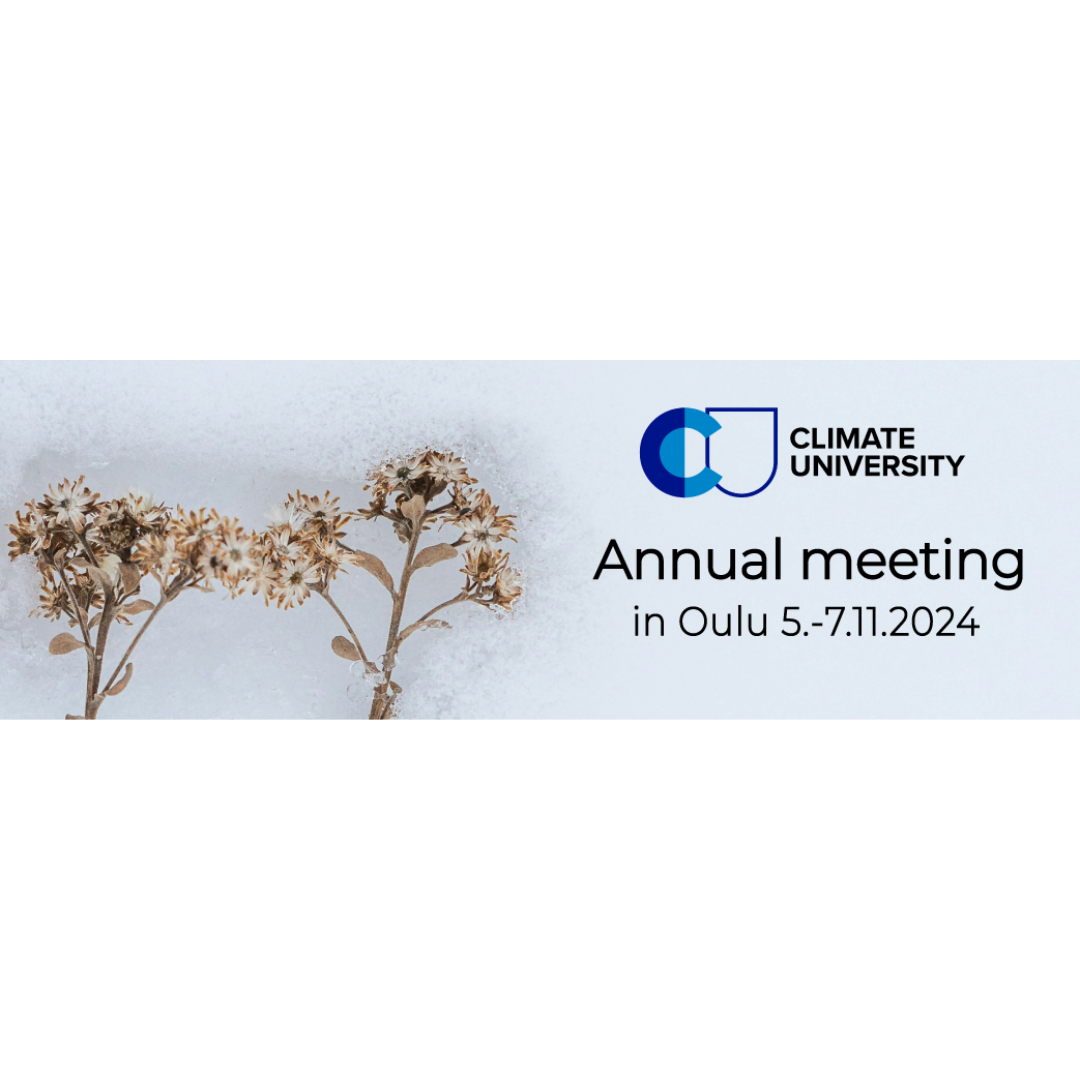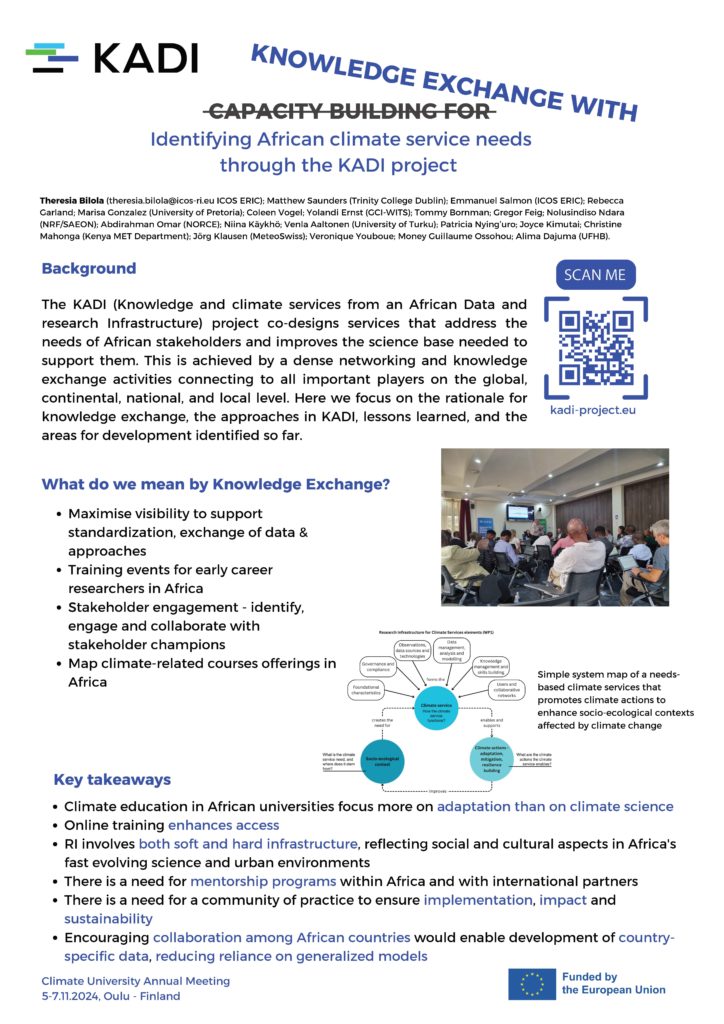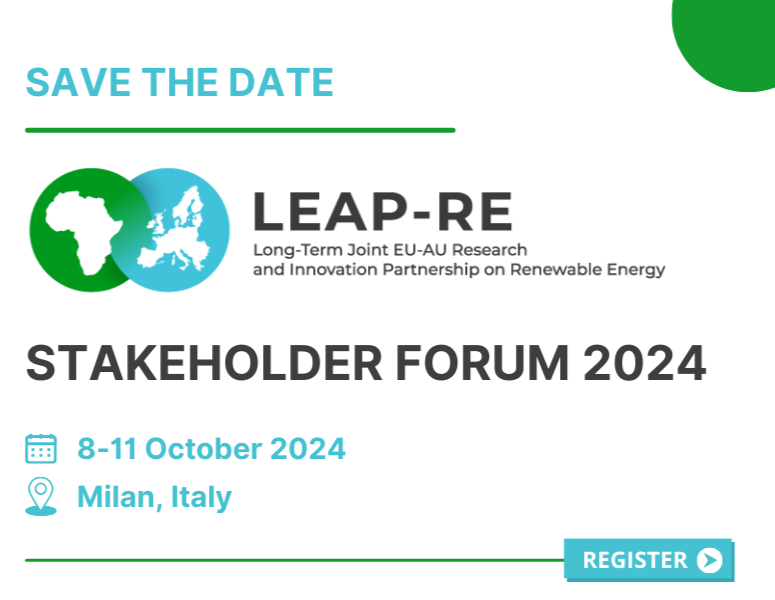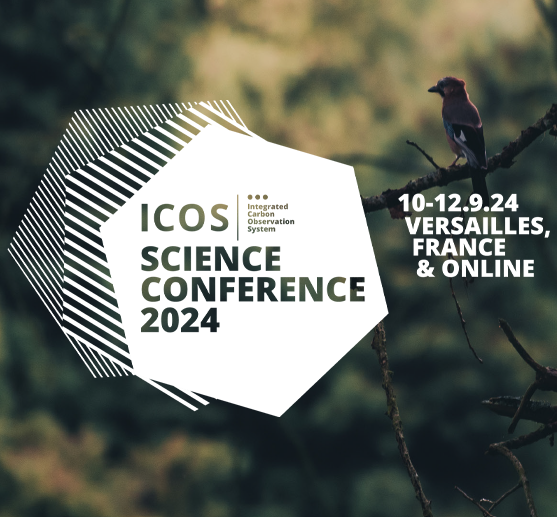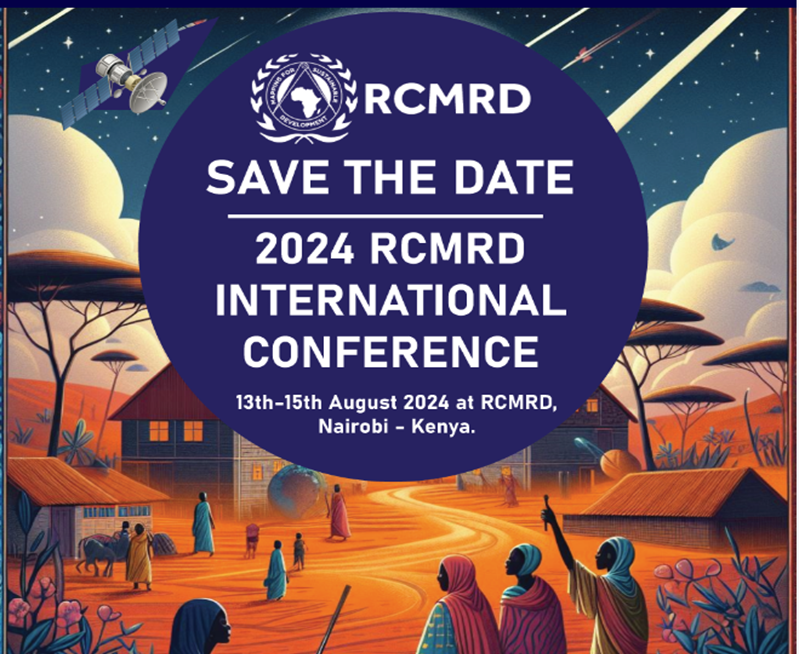Are you a PhD or an early-career researcher working on themes related to urban climate resilience in Africa? Do you want to strengthen your skills in co-creating climate services with state-of-the-art open geospatial data, digital tools, fellow experts and community members? You are warmly welcome to apply for our training workshop where you will gain experience on the co-creation of climate services in urban Africa to support local climate resilience.
Who can apply? PhD and early-career scientists affiliated with research performing institutes in Africa (higher-education institutes, technical training colleges and governmental organisations)
When? August 12–15, 2025
Where? Dar es Salaam, Tanzania
Language: English
Participants: 15-20 researchers
Organised by: KADI project with Tanzania Resilience Academy
Apply here: https://ty.fi/urban-climate-training. Deadline June 15th, 2025
Cost
No participation fee. Lunch is provided each day of the training workshop.
We provide a fixed number of mobility grants that are available for researchers from across Africa to attend. These grants are available to applicants who reside outside of Tanzania and will cover travel and accommodation costs.
Each candidate will be responsible for obtaining and covering the cost of a visa to Tanzania – if relevant.
Application and selection process
Apply here: https://ty.fi/urban-climate-training
Application deadline: 15.6.2025
Selection of candidates: 16-18.6.6.2025
Reply to all candidates about selection: 19.6.2025
Confirmation of participation by candidates: 23.6.2025
Invitation letters: 25.6.2025
Applicants will be selected based on the relevance of their background in fields related to climate risk management, climate services, adaptation, or resilience, such as environmental science, geography, urban studies, meteorology, community development and related disciplines. Priority will be given to candidates with an understanding of geospatial or remote sensing data and data management, and who can demonstrate the benefits of this course in the advancement of their research.
What you can expect
The training workshop is a 4-day hands-on, collaborative workshop that brings together researchers, practitioners, and stakeholders across Africa and Europe to advance climate service development for local city contexts. The workshop combines transdisciplinary perspectives on the broad and topical issue of climate resilience, adaptation and services in cities, while strengthening knowledge-exchange and capacity growth among fellow researchers.
Training workshop covers topics on
-
- How to identify and analyse climate risks in complex urban environments at neighbourhood scale, together with local community members and knowledge-holders
- Use of open geospatial data, low-cost tools, and participatory mapping approaches to understand urban heat and pollution
- Practical skills in climate data analysis and visualisation using open-source tools
- Approaches to co-design climate services tailored to local adaptation needs
Programme
Day 1: Orientation, theory and examples. Lectures and examples on climate risks, climate risk management and climate service needs in growing African cities with multi-hazard environments, tied to global trajectories and larger context of triple planetary crisis, followed by state-of-the-art data and methodologies for climate services, adaptation and action.
Day 2: Field visit. Visit to local communities coping with and adapting to changing urban climate. Field visit heads to neighbourhoods where KADI City pilot activities were carried out, linked with community discussions and local stories.
Day 3: Hands-on practicals. Practical skills to analyse spatial data for understanding spatial and temporal patterns of climate hazards and risks in urban Africa. Relevant analysis methods for different climate stressors and data sources, collected with low-cost tools and participatory approaches, combined to other local and global datasets.
Day 4: Climate service co-creation simulation. Simulating a climate service co-creation process for African cities. Sensitising the concept of co-creation and systematically identifying elements that are crucial for city-scale climate service to be actionable and useful for local actors.
The training program will be delivered by researchers and experts from KADI-project organisations across Africa and Europe, including Tanzania Resilience Academy with University of Turku (UTU), Ardhi University (ARU), Université Félix Houphouët-Boigny (UFHB), Kenya Meteorological Department (KMD), Trinity College Dublin (TCD), University of Pretoria (UP), South African Observation Network (SAEON) and Integrated Carbon Observation System (ICOS)
Apply now: https://ty.fi/urban-climate-training. deadline 15.6.2025
For more information and inquiries about the workshop, contact: resilienceacademy@utu.fi


